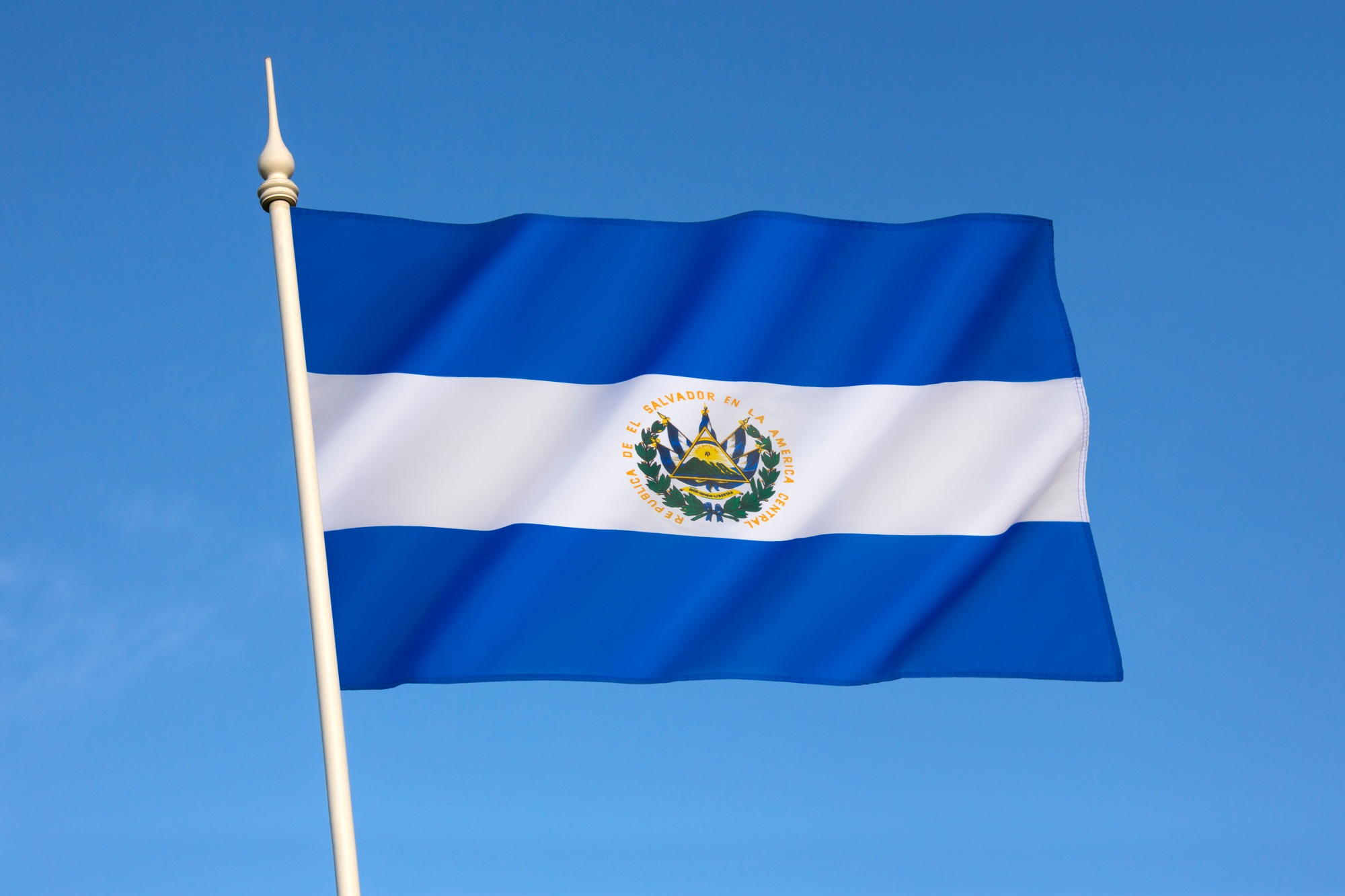El Salvador is continuing to accumulate Bitcoin, despite a $1.4 billion loan agreement with the International Monetary Fund (IMF) that included terms to scale back crypto investments, the country’s economy minister confirmed in an interview with Bloomberg.
“There’s a commitment of President Bukele to keep accumulating assets,” said Economy Minister Maria Luisa Hayem, reaffirming that Bitcoin remains central to the government’s long-term economic strategy, despite pressure from international lenders.
El Salvador currently holds 6,162 BTC, valued at over $580 million as of April 30, according to Bitcoin Treasuries data. The country remains one of the most high-profile government holders of Bitcoin, though it still trails Bhutan, which owns 7,486 BTC, albeit with recent signs of divestment.
IMF Agreement Puts Pressure on Bitcoin Policy
The continued Bitcoin purchases appear to contravene the spirit—if not the letter—of the IMF deal, which was finalized earlier this year after months of tense negotiations. The agreement was designed to stabilize El Salvador’s fiscal position and reduce reliance on volatile digital assets that had alarmed both domestic financial institutions and global credit markets.
Despite this, Hayem asserted that asset accumulation through Bitcoin remains a dual-track initiative supported by both the public and private sectors.
This raises fresh questions about the country’s commitment to IMF-imposed fiscal discipline, even as it continues to face scrutiny from ratings agencies and international financial watchdogs.
Bitcoin Law Faces Operational Challenges
El Salvador’s adherence to its Bitcoin Law, enacted in 2021, is also under increasing scrutiny. A recent investigation by El Mundo revealed that nearly 90% of registered crypto firms are not operational. Of 181 providers listed by the Central Reserve Bank, only 20 are currently active, while the rest are classified as non-operating.
At least 22 of the inactive companies reportedly failed to comply with Article 4 of the Bitcoin Law Regulation, which mandates anti-money laundering (AML) programs, accurate asset tracking, and robust cybersecurity measures. The fallout suggests regulatory enforcement remains a weak link, even as the government doubles down on its Bitcoin ambitions.
Global Reaction and Market Implications
El Salvador’s unwavering Bitcoin strategy continues to divide observers. While supporters praise President Bukele for challenging orthodox economic frameworks and positioning the country at the vanguard of crypto finance, critics warn that this approach could jeopardize financial stability and imperil future access to multilateral funding.
The IMF has recently updated its cross-border finance monitoring to include Bitcoin data, a move seen as a direct response to El Salvador’s actions — though the institution has also reiterated calls for “greater caution” in managing digital assets at the sovereign level.
What’s Next: A Test of Sovereignty or Risk Exposure?
Whether El Salvador’s Bitcoin holdings prove to be a strategic reserve or a fiscal liability will depend heavily on future market performance and the government’s ability to integrate cryptocurrency use with broader economic goals.
For now, the administration appears undeterred, with Hayem stating that the country is focused on “asset accumulation and innovation” over appeasement of external institutions.
As El Salvador navigates its dual role as both crypto pioneer and IMF borrower, the global financial community will be watching closely — and so will its citizens, many of whom remain skeptical about the tangible benefits of the Bitcoin experiment.







